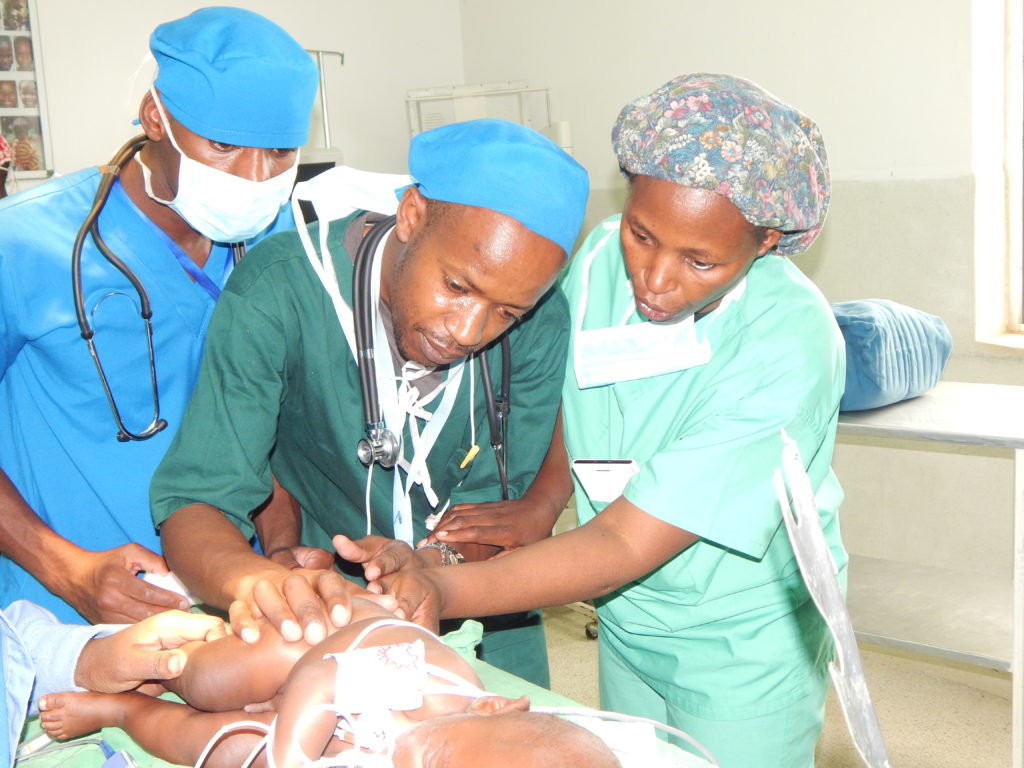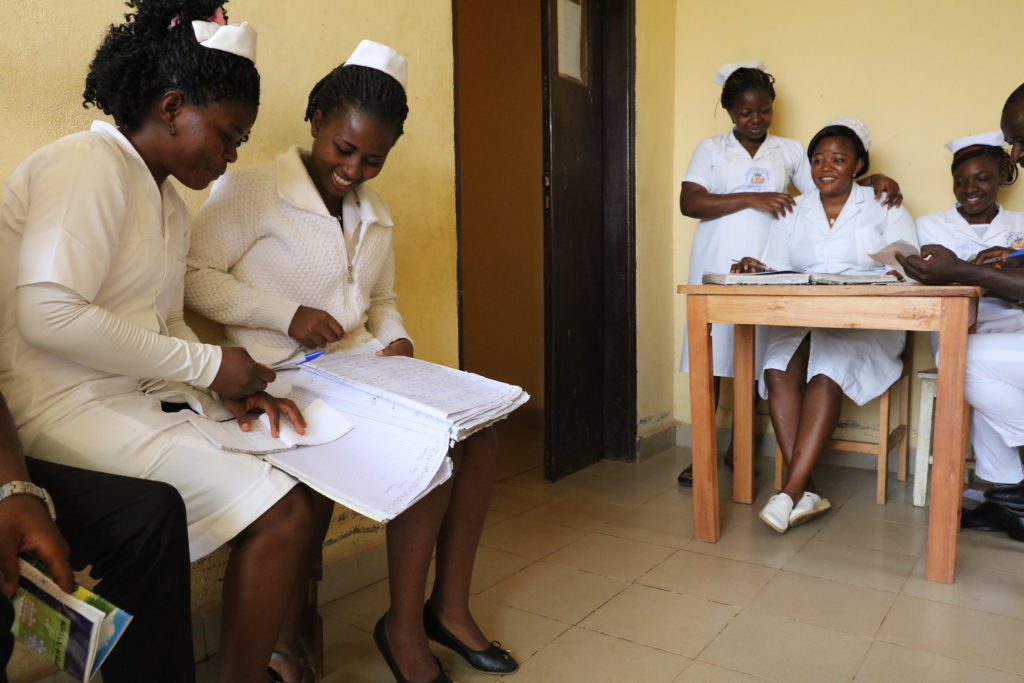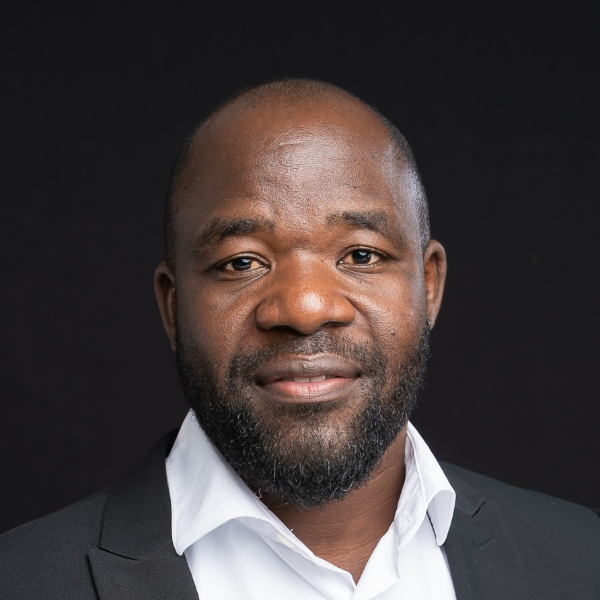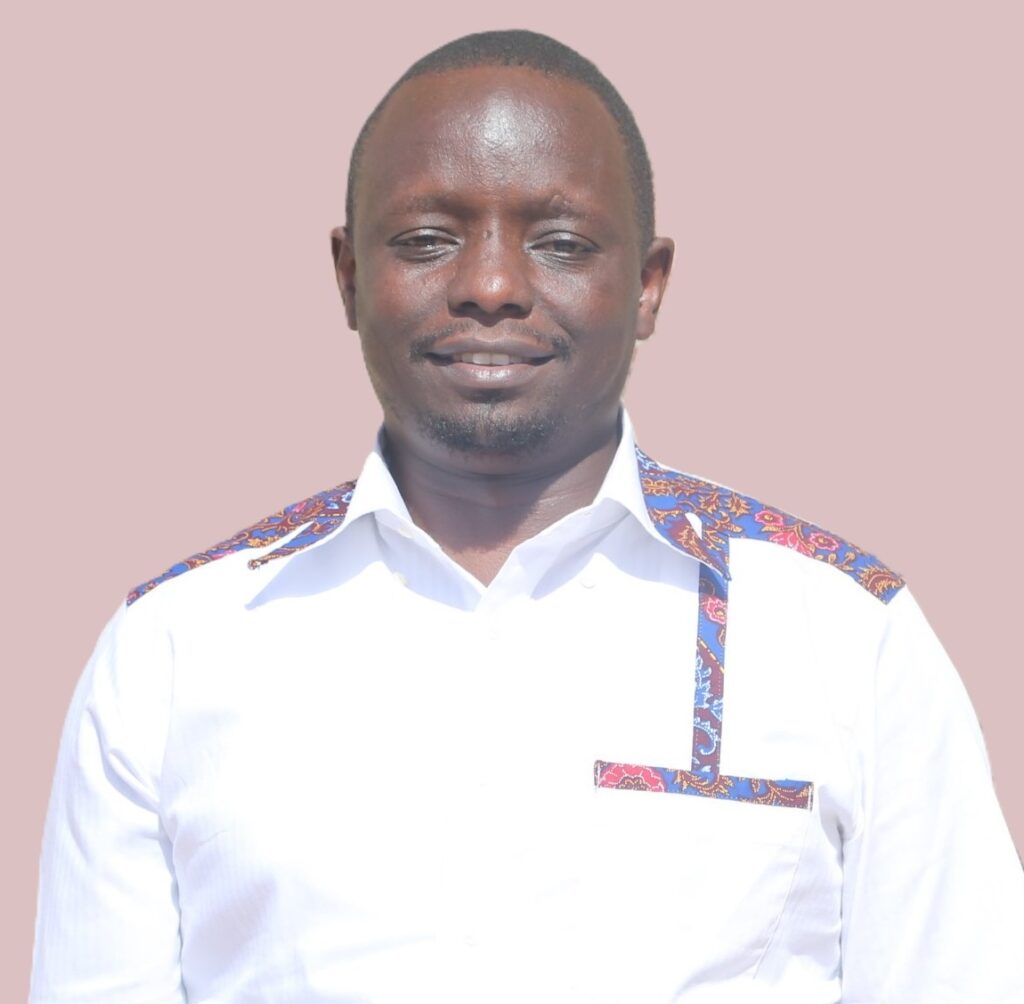
When Dr. Biira * qualified as a doctor in Uganda, she hoped for her future. Instead, she faced a common barrier: no work. Despite a huge shortage of doctors, no position was available. Like many others, she went to work abroad.
Throughout Africa, talented health workers overcome significant obstacles to train, to be driven out by unbearable working conditions, low wages and limited career prospects. Meanwhile, high -income countries are recruiting aggressively with promises of better remuneration and career progression.
Health workers have the right to migrate – but the system is broken. Africa must reconstruct this arrangement and build an adjusted workforce for the continent according to its own conditions.
There is no doubt about the critical role that health workers play. As a spine of strong and resilient health systems, they are the first line of defense against emerging epidemics, the key to universal health coverage and one of our best bets against the impacts of climate change. Without them, there is no health care.
Six million to win
However, Africa, which shelters 18.8% of the world’s population, but 24% of the world’s burden of disease, is badly served with fair 3% of world health workers. The continent should face a shortfall of 6.1 million health workers by 2030.
For what? While African countries find it difficult to train and retain health workers, high-income countries underestimate in their pipeline of health workers-counting on imports from overseas. A new World Health Organization report (WHO) Underlines this issue – high income countries have the number of nurses compared to low -income countries 10 times – while 23% of nurses in high income countries were born abroad.
Yet the WHO World Practice Code For the ethical recruitment of health workers, is voluntary and often ignored. The countries of the “Red List” from which countries should not recruit, such as Zimbabwe and Nigeria, continue to see active recruitment through private agencies-with the United States, the United Kingdom and Saudi Arabia to recruit regularly, despite not doing it.
The current system is exploiting and unbearable and it costs lives. The training of a doctor in Africa costs between $ 21,000 and $ 59,000. Between 2010 and 2018, nine African countries lost $ 2 billion in investment as the trained doctors have migrated.
Africa is not the Faculty of Medicine of the World, and it will never be able to build resilient health systems if its health workers continue to be recruited en masse.
WHO Code for examination and redesigns it for a long time, and we must see:
Stronger application: The rules must be binding and the WHO must monitor and penalize unjust practices, in particular the name and shame of the countries which flout the rules.
Structured and more ethical programs for temporary migration: Exchange of skills and experience for a period limited by design, not by chance.
Compensation: If high income countries benefit from workers trained abroad, they must reinvest in training partnerships, training facilities or direct contributions by worker in the affected country.
However, a stronger code will not solve this problem. The underlying cause is years of underinvestment, now aggravated by freezing on American aid. Africa deserves better.
Extended career paths

To this end, people, not diseases, must be at the center of health funding. A nurse plays several roles, treating HIV, vaccinating children, managing chronic diseases and healing tuberculosis. Investing in people is a more effective path for best health results.
Funding is essential. We must create the budgetary space so that countries train and hold health workers. Countries must mobilize more national funding and prioritize health labor, solve the problems of low wages and poor working conditions to ensure that the forms are absorbed and kept in the system.
One of the main reasons why migrate health workers is the lack of training possibilities or because they cannot specialize, which must be addressed by an expansion of career paths at home.
In Malawi, where only 43 pediatricians serve a population of more than 20 million inhabitants, Seed Global Health’s partnership model with universities and hospitals to train more doctors, nurses and midwives, but we need support not only to develop training but to keep qualified suppliers in the country.
In addition, donors and directors must support African leadership and defend initiatives led by the country, which offer more sustainable and long -term solutions to best meet the complex needs of countries in a specific way to context.
Amref Health Africa continues to improve significant commitment and collaboration between the sectors in order to launch better incentives to motivate, keep staff and also retract health agents migrants from the diaspora. This is in recognition of the fact that the continent’s accessible health workforce is the engine of its success.
Africa CDC has prioritized the development of health labor within the framework of its “new public health order”. From now on, countries and donors must provide necessary funding and political support to transform this vision into reality.
The main thing is that investment in health workers improves population care, but also creates jobs, stimulates equity between sexes – 70% of health workers are women – and strengthens resilience against increased illness and health emergencies.
The future of global health is at stake. Can we allow ourselves to keep health workers to the hemorrhage of countries that need it most? Or are we going to enter this moment to forge a new path – the one that values equity, equity and shared responsibility?
The choice we make today will shape the health and well-being of future generations.
* Not his real name.
Martin Msukwa is Chief program and innovation agent for global seeds of seeds
Isaac Ntwiga is director of Health health ecosystem, Amref Health Africa
Image credits: © Dominic Chavez / Global funding installation,, International Federation of Nurses Anesthetists.
Fight infodemic in health information and support reports on world health policies. Our growing network of journalists in Africa, Asia, Geneva and New York connect points between regional realities and global world debates, with news and free access analyzes based on evidence. To make a personal or organizational contribution, click here on Paypal.



